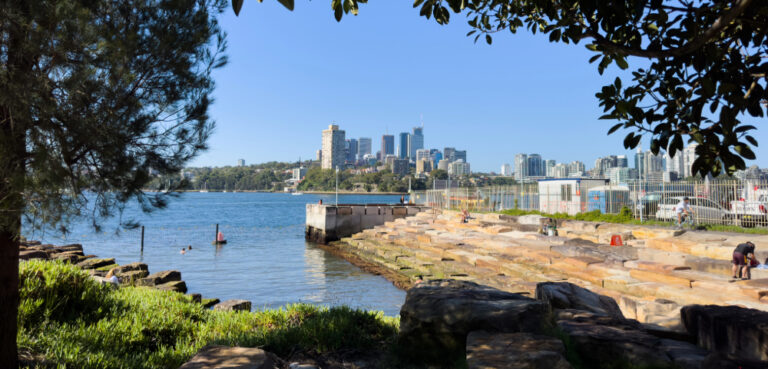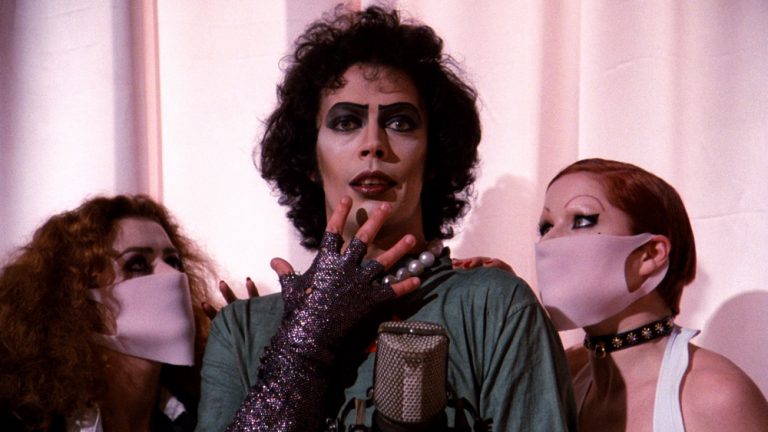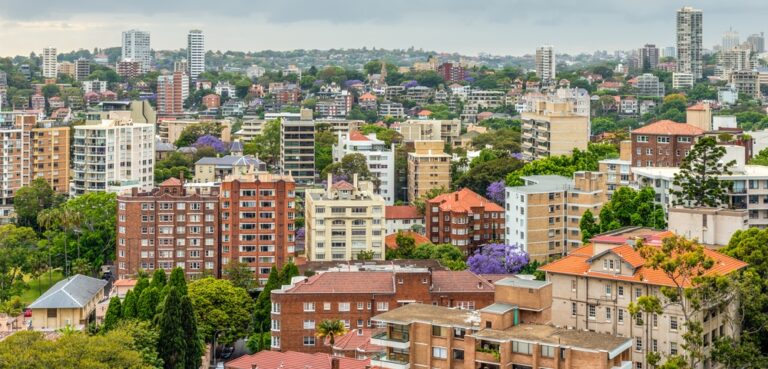
Macquarie University Academic Says Attacks On Humanities “Sacrilegious”

Macquarie University has announced plans to “restructure” courses across the faculties of humanities and science, with one academic labelling the move an “attack on the fundamental inherited legacy of human knowledge.”
The changes would see 42 full-time academic roles cute from the faculty of arts, and 33 from the faculty of science and engineering, which the university says is equivalent to $15m in net savings.
The university wants to cut Bachelor degrees in archaeology, music, ancient languages, as well as Masters degrees in electronics engineering, ancient history and two IT fields.
The changes would also see Bachelor of Arts students no longer able to major in politics, gender studies, criminology, or psychological studies.
Staff have less than three weeks to provide feedback about the cuts, with the final decision expected to be made in early July.
Released to staff on June 3, the proposal said the potential of international student caps and uncertain growth in numbers of domestic students meant universities were no longer able to reply on boosting enrolments to meet financial security.
“The needs of employers and students are evolving and universities, including Macquarie, need to adapt to modern demands,” said a spokesperson for Macquarie.
“While we are preserving traditional humanities subjects such as history, philosophy and English literature, we are at the same time offering majors and courses that are focused on employability and meeting areas of student interest and demand.”
An email sent to students by the administration said they might notice a “more focused structure” to their studies from 2026.
“The units you choose from will be based on the best education offerings in each faculty,” wrote academic deputy vice-chancellor, Prof Rorden Wilkinson. “Your study choices will be clearer. The curriculum you study will be more purposeful. Your pathway to graduation will be easier.”
Staff in crisis across Australian universities
The President of the Macquarie branch of the National Tertiary Education Union, Dr Nicholas Harrigan, said staff had been “in crisis” since the university attempted to sack 700 casual academics in August last year.
“These cuts are particularly cruel because in many cases individual staff members are being specifically targeted. This raises concerns that these cuts are really about targeting individuals’ management dislike, not actual business needs,” he said.
“The clear targeting of humanities and social sciences is an attack on the fundamental inherited legacy of human knowledge that charts over 2000 years. To see that being sacrilegiously burned by managers is despicable.”
The Macquarie cuts bring total job losses at NSW universities to more than 1000 in the past year after similar announcements at UTS, University of Wollongong and Western Sydney University.
“Right now, across NSW, we’re fighting job cuts at four universities. Four. That’s not a coincidence — that’s a crisis. A crisis of governance, a crisis of priorities, and a crisis of values,” said NTEU Division Secretary Vince Caughley.
“Every job cut means lost expertise, broken teams, lives upended – for both staff and students. And it sends a message: that those who build knowledge and support students every day are disposable.”
Macquarie University has run a deficit for five of the past six years, posting a loss of $3.7 million last year. Its annual report shows Vice chancellor Bruce Dowton was paid a salary a little over $1 million.
“Scrapping courses and cutting jobs slowly picks away at the fabric of our society that needs world-class higher education to thrive,” said NTEU National President Dr Alison Barnes.
“This terrible decision is yet another shocking example of poor university governance, which needs urgent reform so we have accountability and transparency.
“Vice-chancellors’ instinct is always to come after jobs and courses, making the federal government’s goal for half of all young people to have degrees by 2035 impossible.”









